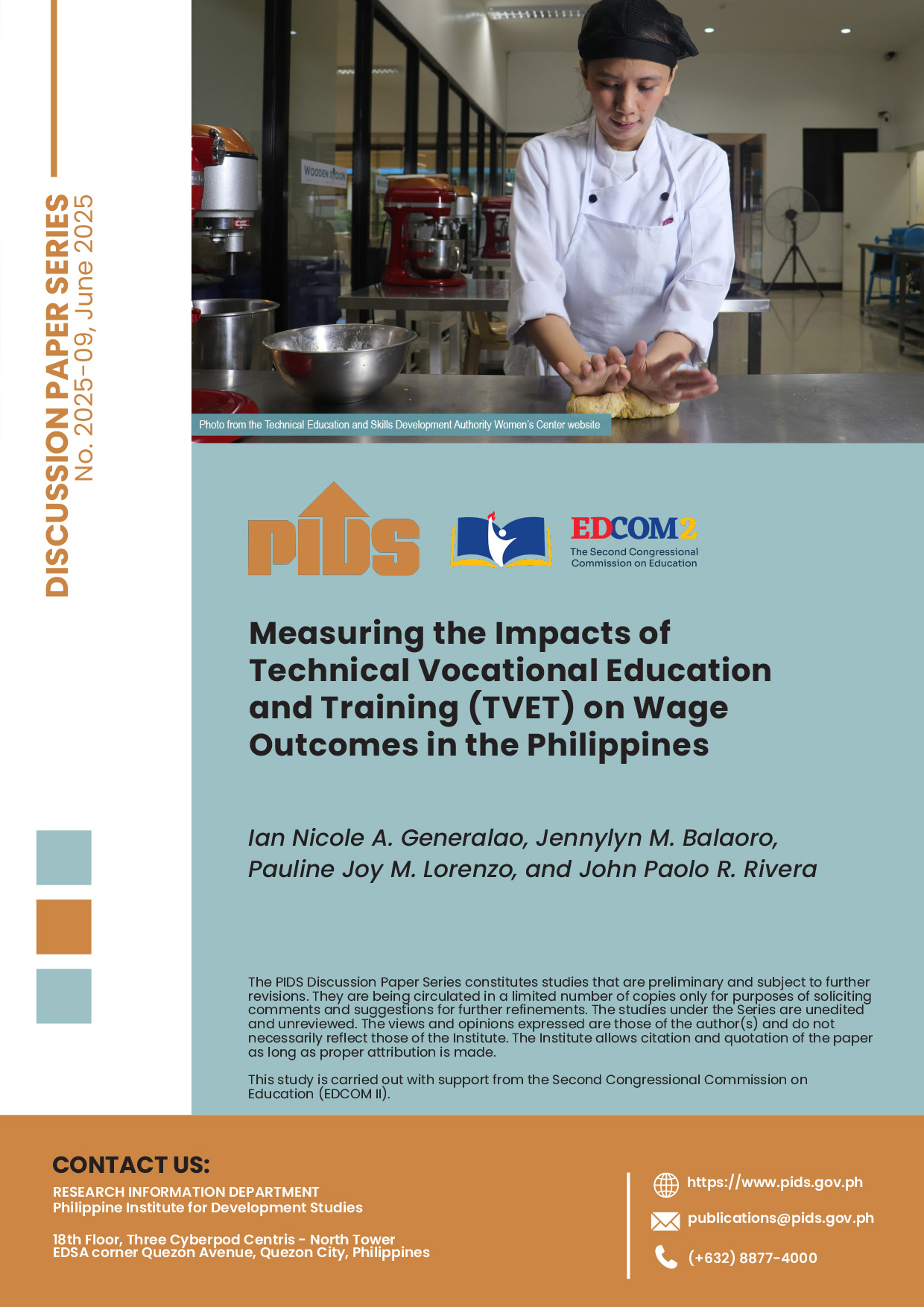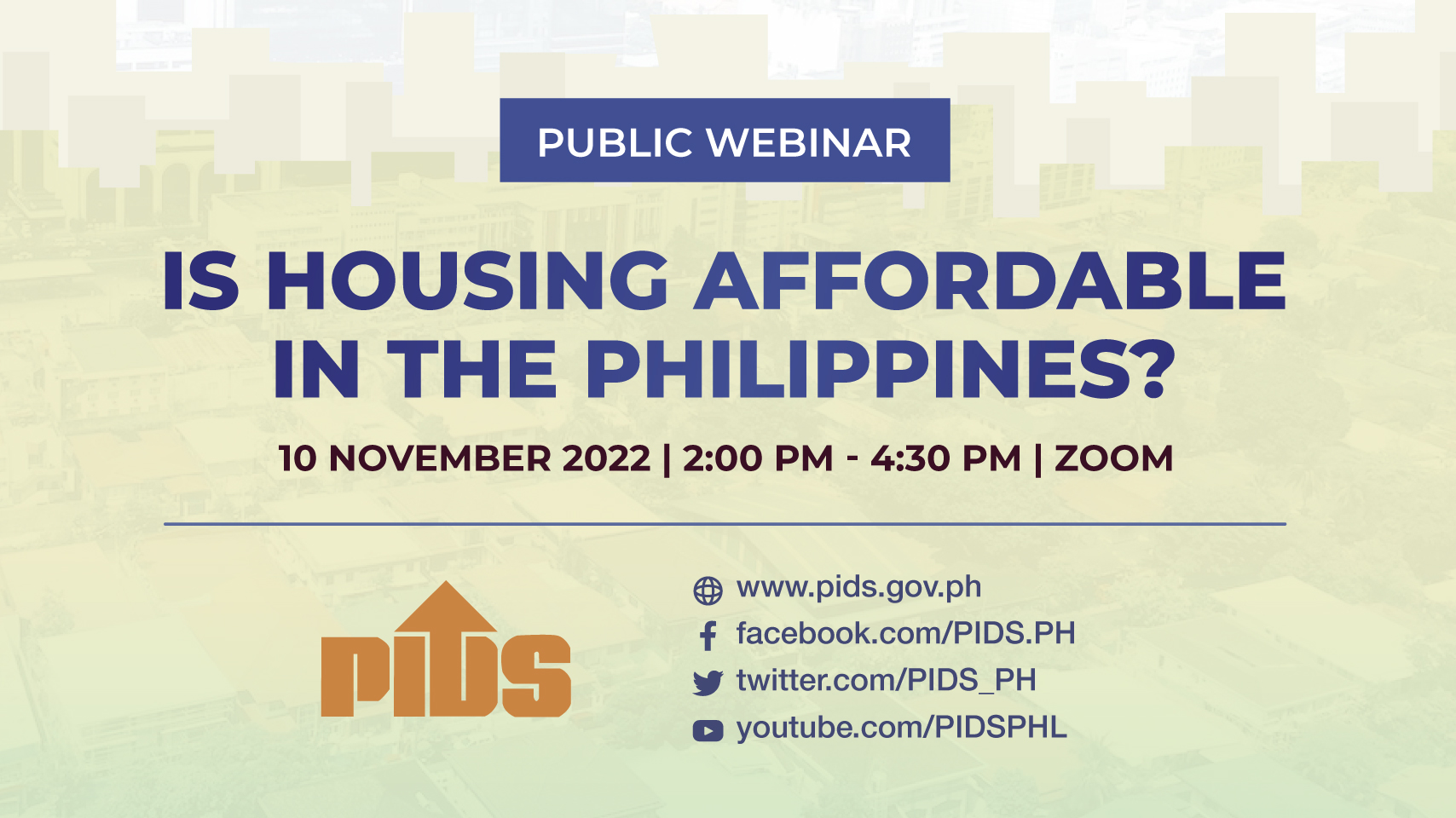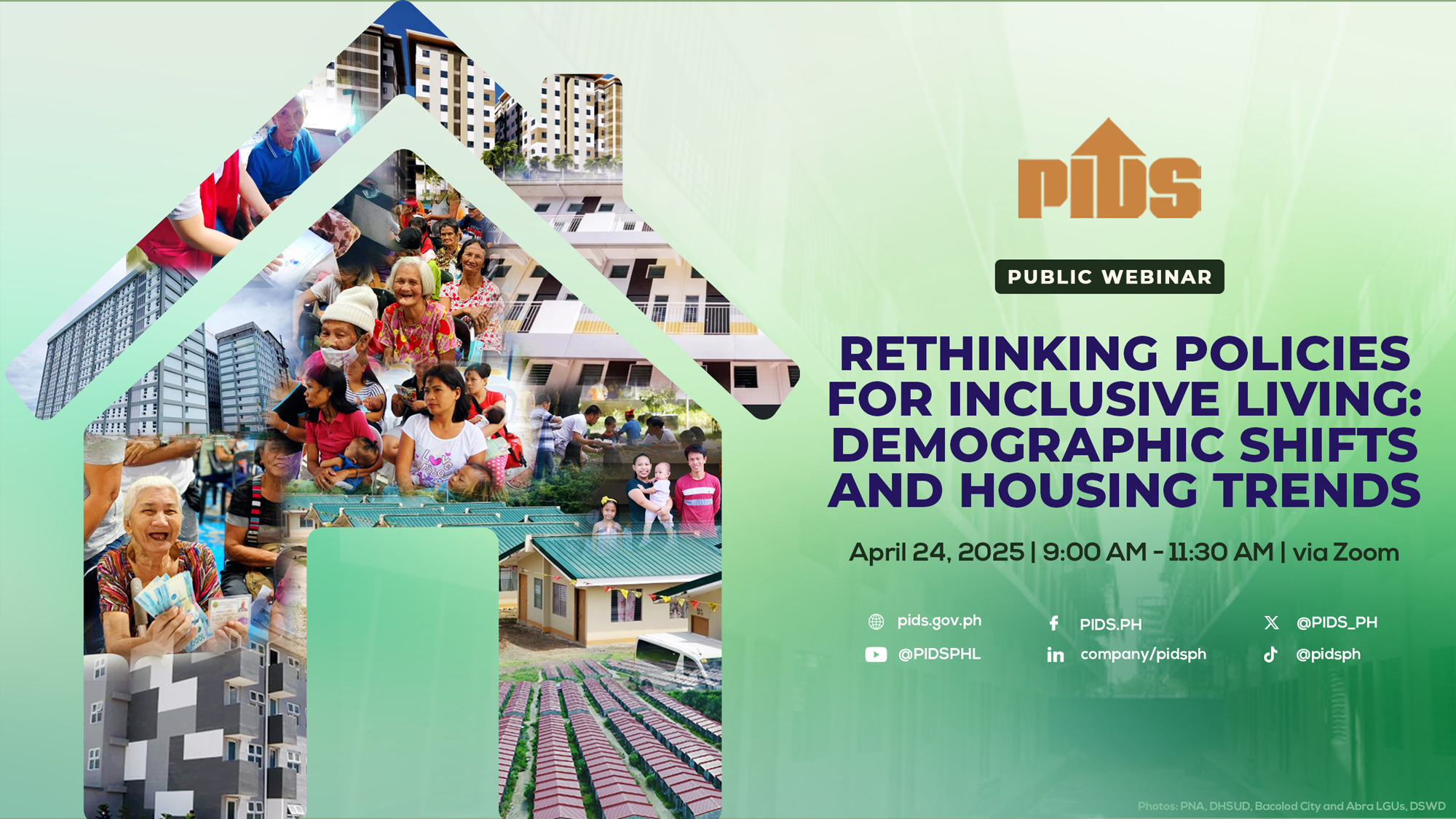In a new book titled "Unintended Consequences: The Folly of Uncritical Thinking," state think tank Philippine Institute for Development Studies (PIDS) discusses how and why government policies can have unintended consequences despite good intentions.
The book covers topics ranging from daily concerns such as traffic, minimum wage, food, rent, and unemployment.
The book has been motivated by our observations that discussions of public issues really needed to be strengthened in regard to their logic and appreciation of evidence and facts that are used to support policies, programs, projects and proposed ideas,” book editor Dr. Vicente Paqueo said on Friday.
Dr. Aniceto Orbeta said one government policy that has unintended consequences is the rapid increases in minimum wage in different regions which can increase poverty instead of reducing it.
When we increase the wages, the probability of employment declines for each working age population,” he said.
Paqueo added that rapid increase in minimum wage is good for big companies since they can easily hire more workers but small companies cannot easily do so.
SMEs (small and medium-sized enterprises) don’t have a lot of funds to pay higher minimum wage workers while big companies, they are well-funded,” Paqueo said.
Book editors Paqueo and Orbeta join ANC’s “Early Edition” and discuss more about their findings.
The book covers topics ranging from daily concerns such as traffic, minimum wage, food, rent, and unemployment.
The book has been motivated by our observations that discussions of public issues really needed to be strengthened in regard to their logic and appreciation of evidence and facts that are used to support policies, programs, projects and proposed ideas,” book editor Dr. Vicente Paqueo said on Friday.
Dr. Aniceto Orbeta said one government policy that has unintended consequences is the rapid increases in minimum wage in different regions which can increase poverty instead of reducing it.
When we increase the wages, the probability of employment declines for each working age population,” he said.
Paqueo added that rapid increase in minimum wage is good for big companies since they can easily hire more workers but small companies cannot easily do so.
SMEs (small and medium-sized enterprises) don’t have a lot of funds to pay higher minimum wage workers while big companies, they are well-funded,” Paqueo said.
Book editors Paqueo and Orbeta join ANC’s “Early Edition” and discuss more about their findings.












